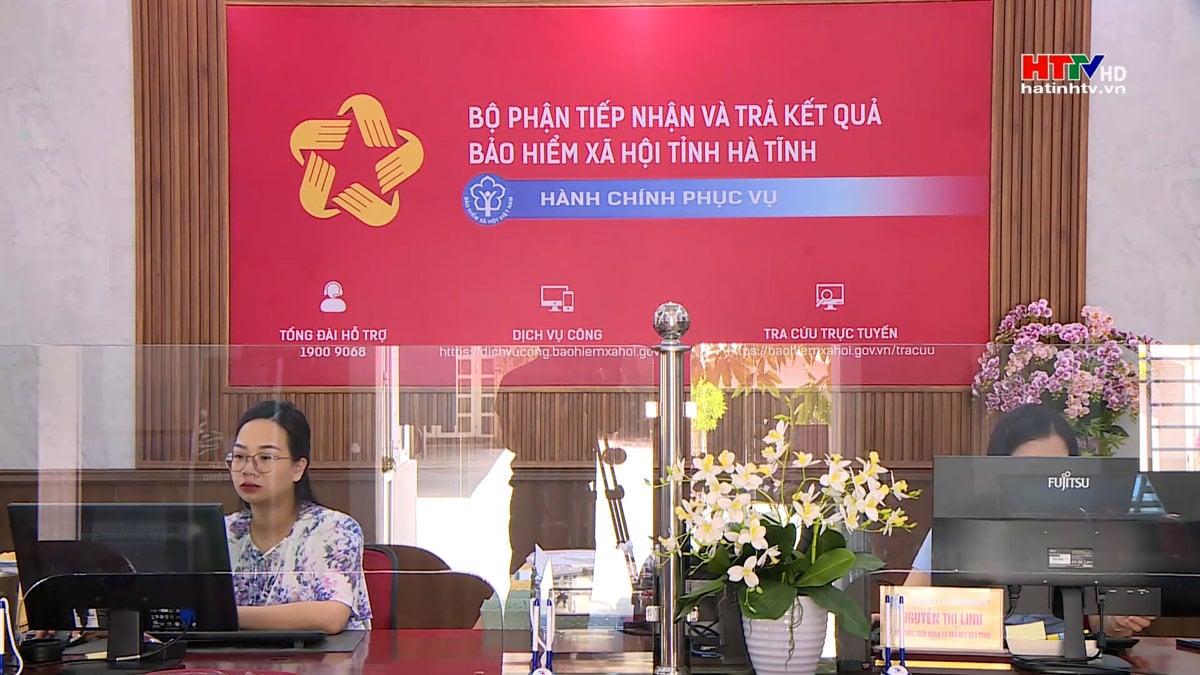The huge investment of online platforms like Netflix has created pressure on Korean producers and TV stations, leading to many actors losing their jobs.

According to Heraldcorp, the Korean entertainment and media industry is facing a crisis. Industry officials expressed frustration, considering the impact of Netflix and global over-the-top (OTT) platforms are key factors.
“We are in the worst situation in the last 10 years due to the impact of Netflix,” they stressed.
Netflix's huge production budgets have caused a sharp decline in the number of TV series made by domestic producers. Even famous actors are struggling to find roles as opportunities become scarce.
Actress Kim Ha Neul recently frankly shared: "In the past, I received so many offers to act in movies that I had to say, 'Please, let me rest a bit' or 'I just want to rest'.
But now, the number of opportunities has decreased significantly. I realized that just receiving a script is extremely valuable."
Actress Go Hyun Jung Expressing similar concerns, she revealed: “I am not getting any offers for roles. I don’t need to be the lead, and I am even willing to take a cut in my salary.”

The number of Korean dramas produced has dropped significantly, from 135 in 2022 to 125 in 2023, and is likely to drop below 100 in 2024.
The film industry is also struggling, with reports that more than 100 completed films are sitting in warehouses, unable to be shown.
In 2023, broadcasting revenue in South Korea fell 4.7 percent year-on-year to 18.973 trillion won, the first decline in a decade.
Terrestrial TV revenue fell 10.2%, cable TV fell 3.9%, satellite broadcasting fell 2.7%, home shopping fell 5.9% and general programming providers fell 7.7%.
As the domestic television distribution market recorded its first negative growth in 10 years, research experts warned that the entertainment industry was being pushed to the brink of the abyss.
In a joint conference held from September 26-27 on "causes and solutions to the broadcasting market crisis," the Korean Press Association, the Korean Broadcasting Association, and the Korean Media Policy Association declared that "the domestic entertainment and media market is in a state of emergency."

Professor Lee Heon Yul of Korea University explains: "The huge production budgets of the online platform Global challenges like Netflix have forced broadcasters to cut back on content creation to survive.
As a result, we are seeing a sharp decline in the number of Korean dramas being produced, and only a small number of actors selected by these platforms are making money.”
Professor Lee Sang Won of Kyung Hee University also raised concerns: "The impact of Netflix has led to a sharp decline in broadcasting revenue, while the cost of content production has increased.
This collapse in the broadcasting ecosystem could soon become a crisis for the Korean Wave (Hallyu)".
Experts stress the need to address the imbalances caused by global platforms.
They argue that domestic broadcasters should be deregulated. Conversely, global OTT services like Netflix should be held accountable and subject to more oversight to restore fairness in the industry.
Source
































![[Photo] "Beauties" participate in the parade rehearsal at Bien Hoa airport](https://vstatic.vietnam.vn/vietnam/resource/IMAGE/2025/4/11/155502af3384431e918de0e2e585d13a)


























































Comment (0)